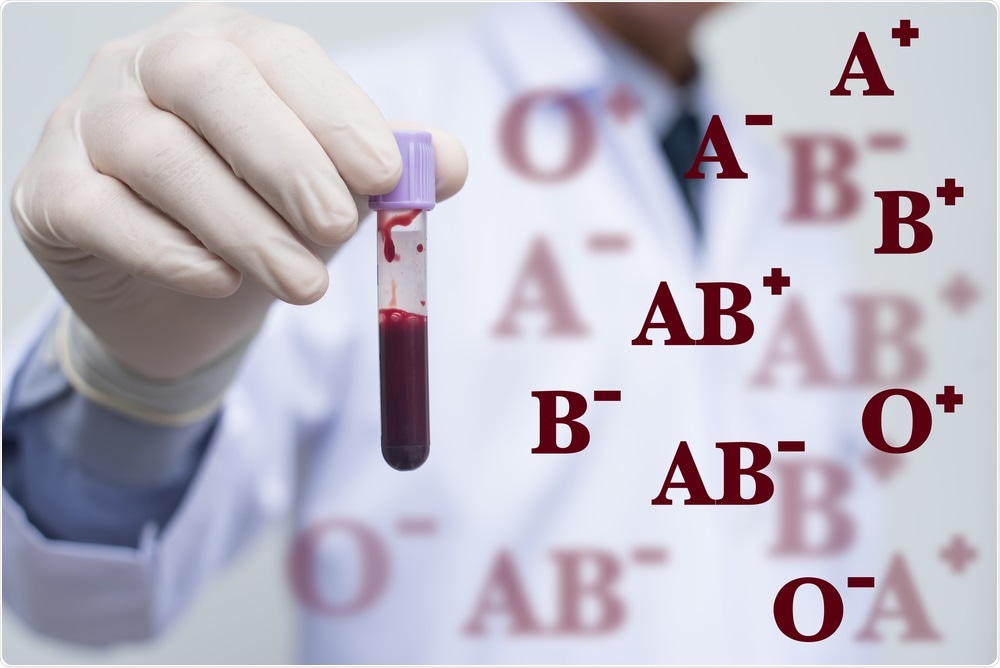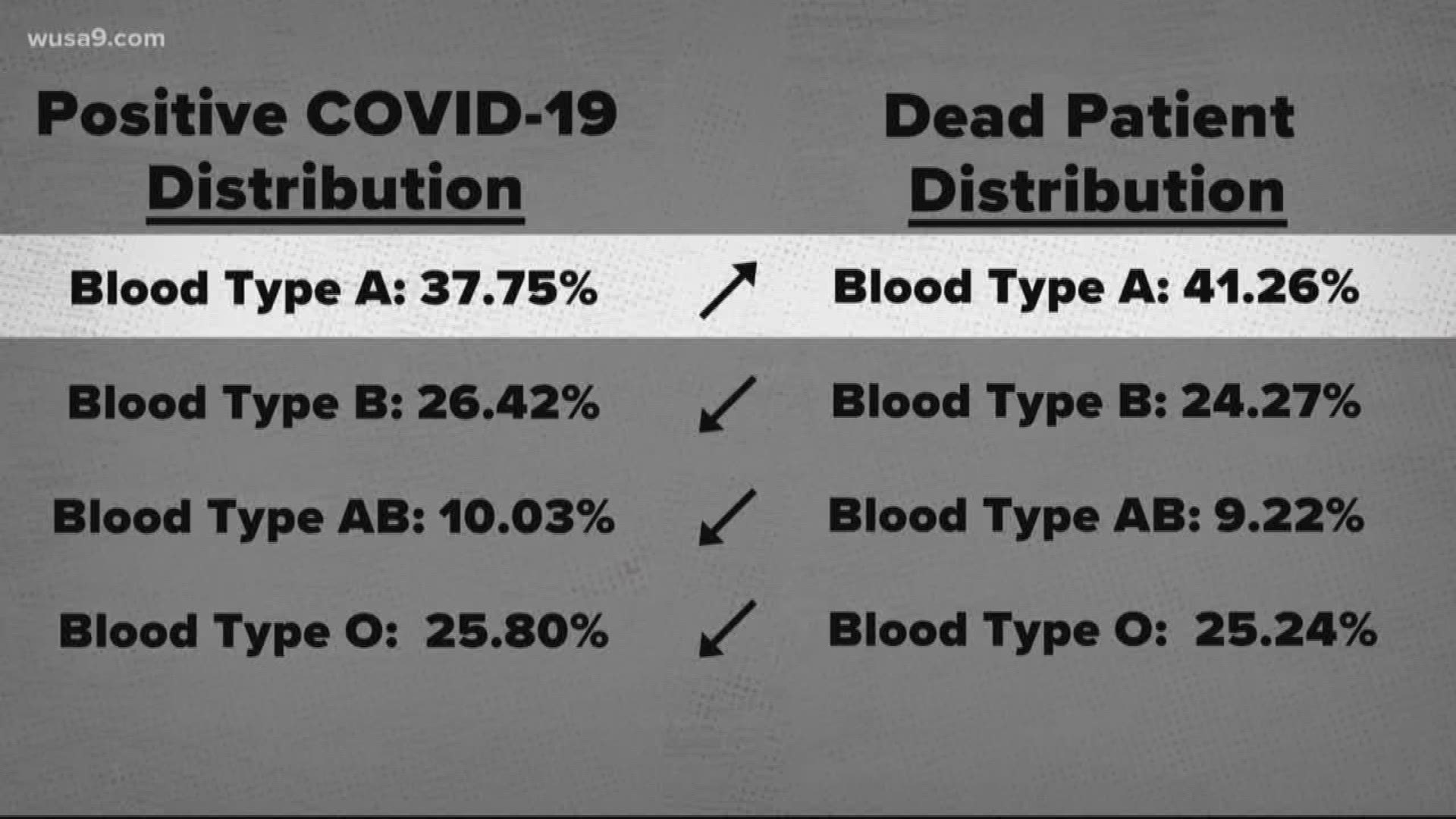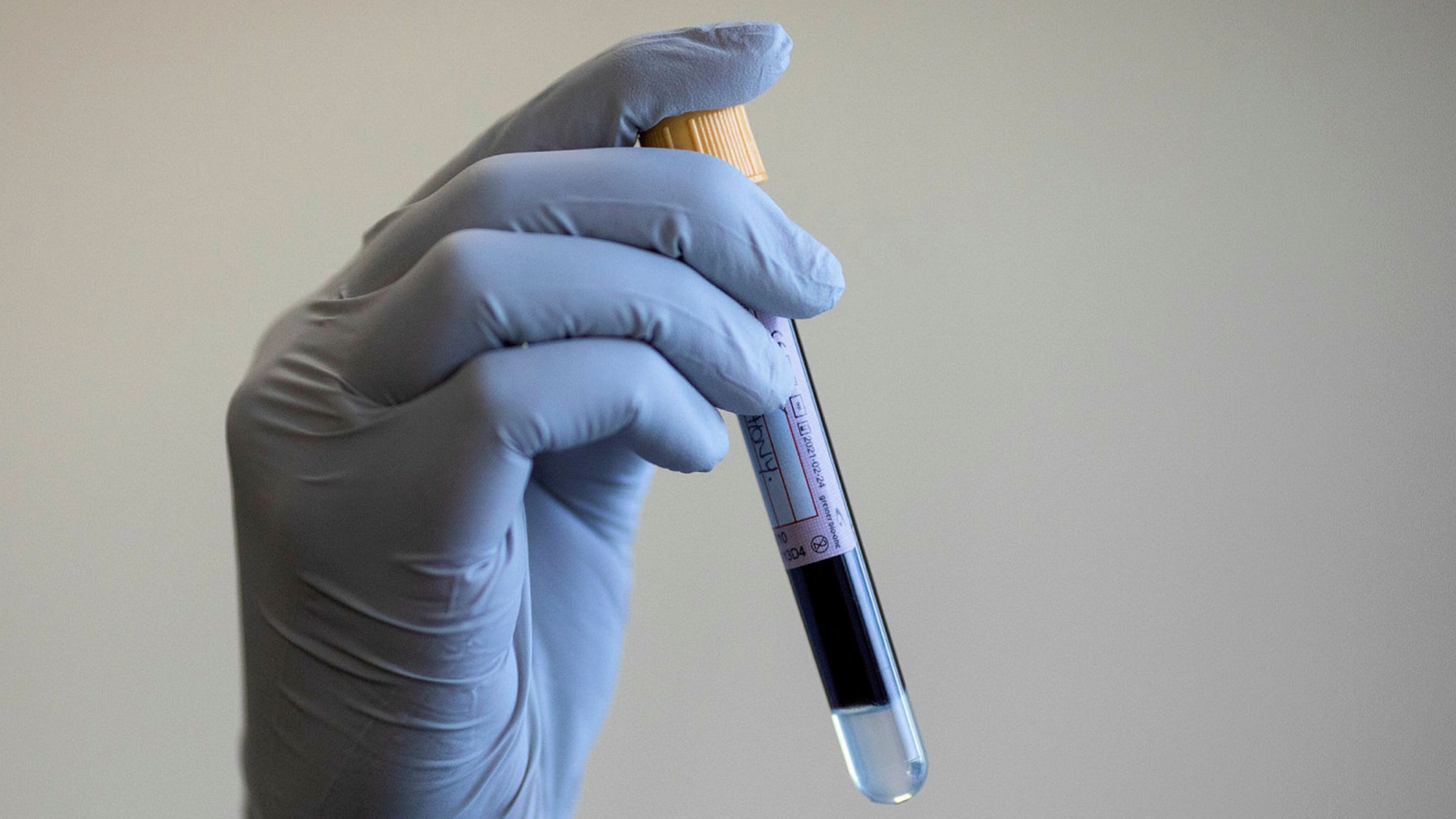

If a person has the genes + +, the Rh factor in the blood will be positive. The Rh-positive gene is dominant (stronger) and even when paired with an Rh-negative gene, the positive gene takes over. Rh factors follow a common pattern of genetic inheritance. A baby may have the blood type and Rh factor of either parent, or a combination of both parents.

The following are the possible combinations of blood types with the Rh factors: If there is no Rh factor protein, the person is Rh- negative. If the Rh factor protein is present on the cells, the person is Rh-positive.

The Rh factor is a protein that is found on the covering of the red blood cells. The blood type is found as proteins on red blood cells and in body fluids. The blood type and the Rh factor simply mean that a person's blood has certain specific characteristics. (2020) “The association of ABO blood group with indices of disease severity and multiorgan dysfunction in COVID-19”, Blood Adv, doi: bloodadvances.Every person has a blood type, (O, A, B, or AB) and an Rh factor, either positive or negative. Hoiland RL, Fergusson NA, Mitra AR, Griesdale DEG, Devine DV, Stukas S, Cooper J, Thiara S, Foster D, Chen LYC, Lee AYY, Conway EM, Wellington CL, Sekhon MS. Those with blood types A, B, and AB appear to be at similar levels of infection risk.ĭr Torben Barington, of the University of Southern Denmark, and colleagues looked for a potential association as part of the urgent need to identify coronavirus risk factors.ĭr Barington says: “We have the advantage of a strong control group - Denmark is a small, ethnically homogenous country with a public health system and a central registry for lab data - so our control is population-based, giving our findings a strong foundation.”īarnkob MB, Pottegård A, Støvring H, Haunstrup TM, Homburg K, Larsen R, Hansen MB, Titlestad K, Aagaard B, Møller BK, Barington T (2020) “Reduced prevalence of SARS-CoV-2 infection in ABO blood group O”, Blood Adv, doi: 10.1182/bloodadvances.2020002657 In a separate study on more than 473,000 people tested for COVID-19 in Denmark, researchers also found that people with blood type O appear to be at the lowest risk of infection. “Of particular importance as we continue to traverse the pandemic, we now have a wide range of survivors who are exiting the acute part of COVID-19, but we need to explore mechanisms by which to risk stratify those with longer-term effects.” We observed this lung and kidney damage, and in future studies, we will want to tease out the effect of blood group and COVID-19 on other vital organs. Researcher Dr Mypinder Sekhon, from the University of British Columbia, said: “The unique part of our study is our focus on the severity effect of blood type on COVID-19. Although these patients did not have longer overall hospital stays than those with blood types O or B, they needed more time in intensive care. Patients in these two blood groups may have an increased risk of organ dysfunction or failure due to COVID-19. Analysis showed that those with blood groups A and AB were more likely to require mechanical ventilation for breathing difficulties, and dialysis for kidney failure. Two new studies, published in the journal Blood Advances, have explored how blood groups are associated with risk of infection and severity of disease from SARS-CoV-2 infection.Ī Canadian study gathered information from 95 critically ill COVID-19 patients at hospitals in Vancouver. Proposing and writing a new BSH Guideline

Haematology for the Workforce of the Future 2022 Patient Perspective: The journey of Pain in Sickle Cell Disease Nominations, Governance and Awards CommitteeĪrticles of Association, Regulation and Signed Accounts


 0 kommentar(er)
0 kommentar(er)
